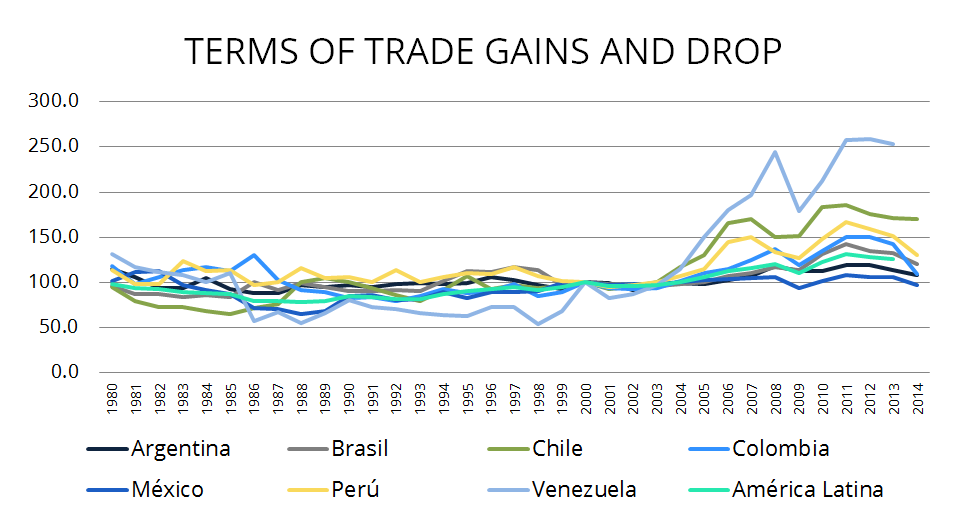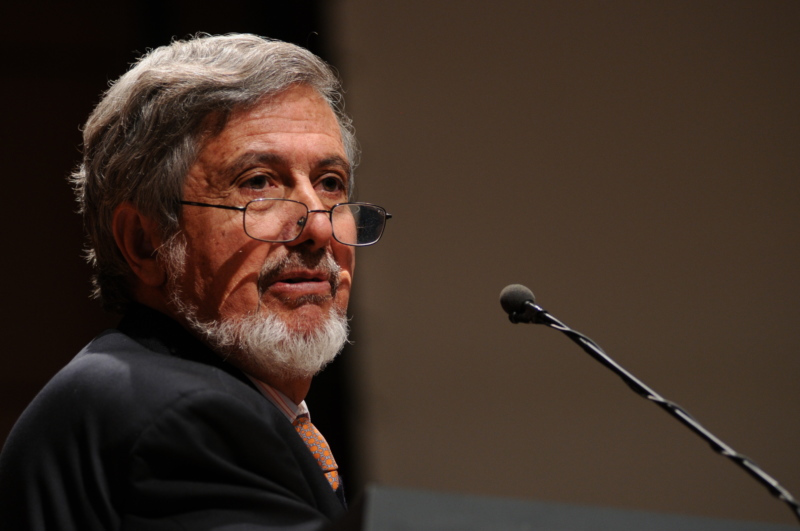Rising Brazil: The Choices Of A New Global Power
What should we expect from a newly powerful Brazil? Does the country have the capacity and leadership to be a central actor in addressing critical global and regional problems?
Latin America has been hard hit by the recent decline in commodity prices. At a breakfast meeting with members of the Inter-American Dialogue’s Energy & Resources Committee, former Colombia finance and mines & energy minister Guillermo Perry discussed his views on the impact of the commodity slowdown on Latin America and why some countries have fared better than others.
For Dr. Perry, the decline in commodity prices has affected Latin America’s largest economies in five key ways:
 A major drop in investment in primary sectors, particularly oil and mining exploration and related service sectors. Perry noted that the oil sector is more vulnerable than mining as oil exploration investment can be withdrawn more quickly than longer-term mining investment projects.
A major drop in investment in primary sectors, particularly oil and mining exploration and related service sectors. Perry noted that the oil sector is more vulnerable than mining as oil exploration investment can be withdrawn more quickly than longer-term mining investment projects.We are grateful to Holland & Knight for hosting the breakfast and to the members of the Energy & Resources Committee for their support for the Energy, Climate Change and Extractive Industries program.
See the full presentation below.
What should we expect from a newly powerful Brazil? Does the country have the capacity and leadership to be a central actor in addressing critical global and regional problems?
President Lula da Silva triumphantly announced that he and his Turkish counterpart had persuaded Iran to shift a major part of its uranium enrichment program overseas—an objective that had previously eluded the US and other world powers. Washington, however, was not applauding.
Hugo Chavez, the Venezuelan president, has clearly been enticed by the Libyan drama, where his longtime friend and ally, Muammar al-Qaddafi, is under siege from rebel forces.
